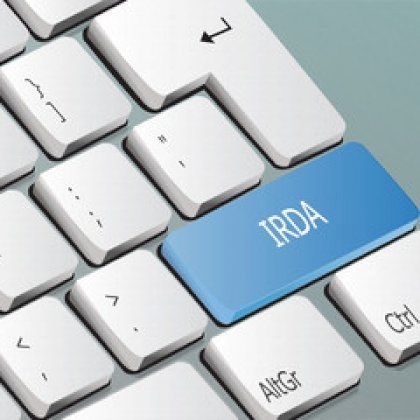State Trust Registration in Jaipur
Business trust is a form of business organization which is similar to a corporation, in which investors receive transferable certificates of beneficial interest. The trustees are administered it for the advantage of its beneficiaries who hold equitable title to it. They administer the trust based on the terms set forth in the declaration of trust. The beneficiaries receive certificates of beneficial interest as evidence of their interest in the trust, which is freely transferable. Profits and losses resulting from the use and investment of the trust property are shared proportionally by the beneficiaries according to their interests in the trusts.
In some states, a business trust is subject to the laws of trusts whereas in other states the laws of corporations or partnerships govern its existence. For purposes of federal Income Tax laws and state income tax laws a business trust is considered as a corporation.
Business trusts are also known as Massachusetts trusts or common-law trusts.
Characteristics
Every trust has the following basic characteristics
- The assets are kept in a separate fund from the Trustee's own assets and from the assets of other trusts.
- legal title to the assets stands in the name of the Trustee (or a nominee or Custodian Trustee on the Trustee's behalf).
- The Trustee has the power, and the legal duty, to manage and dispose of the assets as required by the trust deed and by law. His principal duties are to guard the interests of the beneficiaries.
Documents
Documents Required for Trust Registration
- Trust Deed on Proper Stamp Value
- Two witness • Proof of Registered Address
- NOC from the Owner of Premises
- Two Photograph
- Copy of PAN card
- Valid Identity Proof
- Latest Address proof
Time
Trsut registration about 15 working days.
Procedure
Step 1: Selection of Name
First thing is to select a unique name of your trust, the name should not violate or infringes someone else name or trademark.
Step 2: Drafting of Trust Deed
The trust deed needs to be drafted wherein the parties to the deed shall be settler (author of the trust deed), the trustee and the beneficiary.
Step 3: Registration of Trust
A trust deed is a document which requires mandatory registration before the registrar of the trusts having jurisdiction.
Step 4: PAN, TAN and Bank A/C
After registration of the trust, the next step is to apply for allotment of PAN number and TAN and thereafter opening of a bank A/C.
Advantages/Disadvantages
Advantages of a trust
- A trust provides asset protection and limits liability in relation to the business.
- Trusts separate the control of an asset from the owner of the asset and so may be useful for protecting the income or assets of a young person or a family unit.
- Trusts are very flexible for tax purposes. A discretionary trust provides flexibility in the distribution of income and capital gains among beneficiaries.
- Beneficiaries of a trust are generally not liable for the trust debts, unlike sole traders or partnerships.
- Beneficiaries of a trust pay tax on income they receive from a trust at their own marginal rates.
Disadvantages of a trust
- Establishing a trust costs significantly more than establishing sole traders and partnerships.
- A trust is a complex legal structure, which must be set up by a solicitor or accountant.
- The trustee has a strict obligation to hold and manage the property for the exclusive benefit of the beneficiaries.
- Operation of the business is limited to the conditions outlined in the trust deed.
- As with companies, there are extensive regulations that trusts must comply with.
- Losses derived in a trust are not distributed and cannot be offset by beneficiaries against other income they may have.
- Unlike a company, a trust cannot retain profits for expansion without being subject to penalty rates of tax.
No reviews found.




























































No comments found for this product. Be the first to comment!